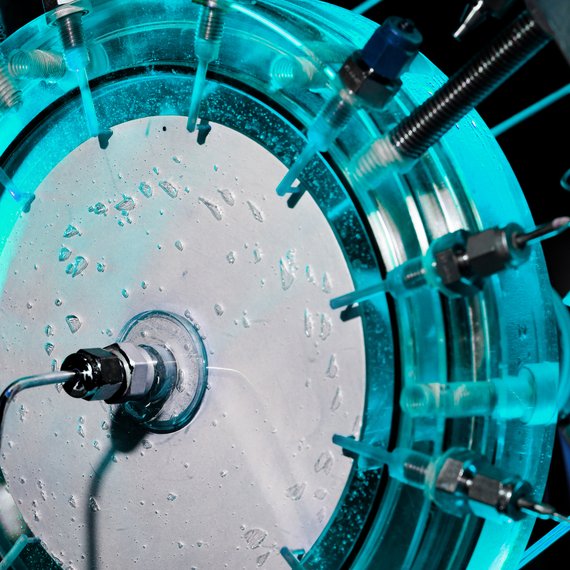Date
Friday April 14, 2023 from 12:00 PM to 1:00 PMLocation
Online | MS TeamsPrice
Free
* online *
You are warmly invited to join this online EIRES Lunch lecture scheduled as follows:
Date
Friday 14 April 2023
Time
12h00-13h00 CET
Topic
Sustainable Chemicals Production in 2050: Where, what, when?
Speaker
John van der Schaaf - TU/e | Chemical Engineering and Chemistry & EIRES
Organized by
EIRES | Focus Area - Engineering for Sustainable Energy Systems
Led by Principal Scientist
Niels Deen
Introduction
The coming decades we face a huge transition from fossil to renewable based economies. In the presentation an energy based analysis is made to determine which chemical processes should be done where, which resources we should use, how we should perform these processes, and what the implications are for equipment, materials, and chemical process design.
Full program
Download the invitation including full program
About the speaker
John van der Schaaf studied chemical engineering at TU Delft where he obtained his master's degree in 1993. In 1998 he obtained his PhD from the same university with his thesis 'Dynamics of Gas-Solids Fluidized Beds - analysis of pressure fluctuations'. Until 2000 he performed postdoctoral research at TU Delft on the validation of computational fluid dynamics codes for gas-solid fluidized beds. In 2000 he moved to Eindhoven University of Technology (TU/e) where he joined the Glass Technology research group of Prof. Ruud Beerkens to perform postdoctoral research on the formation of foam in glass melting furnaces, in cooperation with TNO. In 2003 he started working as assistant professor (tenure track) in the Chemical Reactor Engineering group of Prof. Jaap Schouten. In 2014 he was appointed associate professor and since 2017 he is the chair of the group. Since August 2021 he also joined Eindhoven Institute for Renewable Energy Systems (EIRES) as principal scientist for the Focus Area Engineering for Sustainable Energy Systems.
John’s research focuses on the development of catalytic and non-catalytic multiphase reactors that use rotation to create high gravity and high shear conditions. These conditions lead to excellent interphase mass transfer, intraphase mixing, and fluid-to-wall heat transfer. Applications are especially in (exothermic) fast reactions that are interphase mass transfer limited, are mixing limited, or are heat transfer limited. Additionally, in a high gravity field two phases with different density can be contacted countercurrently. Thus, intensified distillation (gas-liquid), extraction (liquid-liquid), and crystallization (liquid-solid) become feasible.
The high-gravity high-shear conditions enable the use of extremely compact equipment for the chemical industry. The equipment is easily a factor hundred smaller than conventional equipment. The much smaller equipment size allows for the safe use of high temperatures and high pressures, enlarging the economic process window. An additional benefit of the small equipment size is that expensive construction materials and coatings can be used, with only a minor increase in equipment costs.
The intensified technology will play an important role in (electro-)chemical processes based on renewable energy: the fluctuations in energy availability become more and more considerable, which requires agile operation of distributed chemical processes, very different from the steady-state economy of scale paradigm. Small volume, high performance equipment can easily follow the energy availability.
Format
Online | MS Teams
Speaker & Organizers
TARGET AUDIENCE
EIRES Lunch lectures are open for anyone interested in the latest developments in energy storage and conversion. Different keynote speakers from academia and industry will present their views, solutions and outlooks on the topic. The lectures leave plenty of room for discussion. We value your input. Looking forward meeting you!
Queries & tips?
Follow us & connect
- LinkedIN and stay updated
- Twitter and discuss with us
- Visit EIRES and learn more
- Watch EIRES and get inspired
